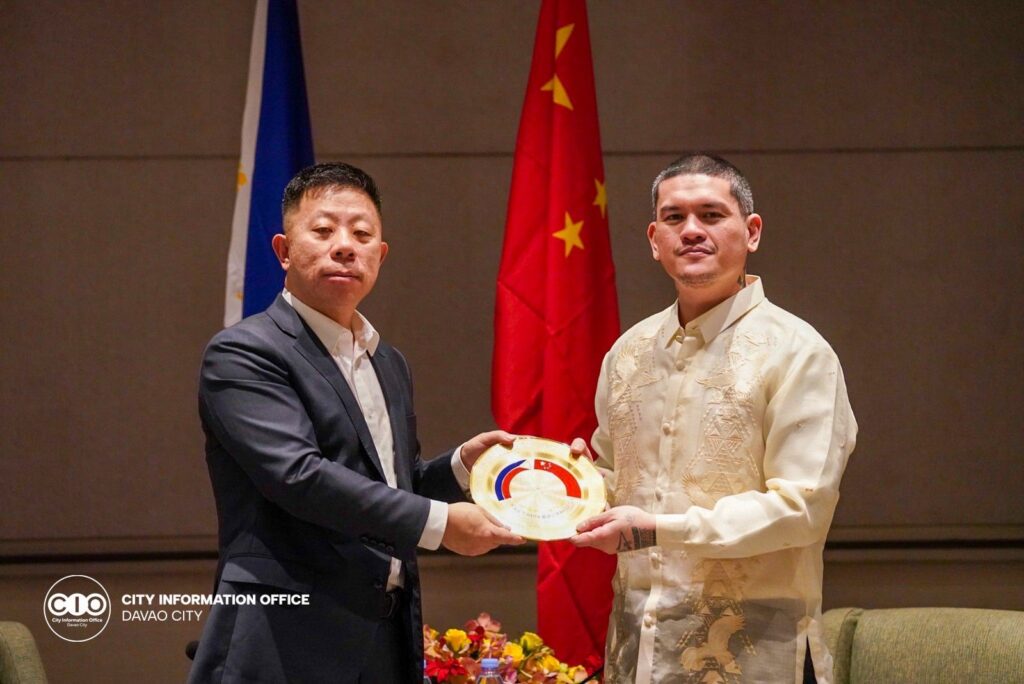When actress and influencer Pokwang recently discovered that 85,000 pesos had vanished from her GCash account, her shock and frustration resonated with millions of Filipinos. This was no ordinary sum; it was hard-earned money she’d set aside for her family’s needs, suddenly gone without explanation. With a massive following on social media, Pokwang quickly voiced her concerns, turning the spotlight onto the vulnerabilities of one of the country’s most widely used digital wallets. Her experience is a powerful reminder that the GCash security breach is not just a technical glitch—it’s a personal and emotional ordeal affecting real people who rely on these platforms to secure their finances. Pokwang’s story is not unique.
The latest GCash fiasco reportedly affected a substantial number of its 94 million users, shedding light on alarming gaps in the platform’s security protocols. With incidents of unauthorized transactions, Filipinos are left questioning the safety of their funds and the efficacy of GCash’s cybersecurity measures. The government has yet to enforce stringent cybersecurity standards for fintech companies, leaving digital finance users, from celebrities to everyday workers, vulnerable to cyber threats. In Pokwang’s case, as with countless others, the breach underscores the urgent need for systemic reform to protect consumers and ensure that such incidents don’t repeat. This situation exposes a troubling lack of accountability and preparedness in the face of rapidly advancing digital finance.
Despite being one of the most popular e-wallets in the country, GCash operates in a loosely regulated space, with minimal oversight from the Department of Information and Communications Technology (DICT) and other agencies. Currently, the DICT lacks the authority to audit or enforce cybersecurity standards on platforms like GCash, effectively leaving users to fend for themselves when issues arise. This regulatory gap amplifies risks for millions of users, especially when even prominent individuals like Pokwang find themselves helpless in the wake of such a loss.
In response, the DICT has announced plans to establish a joint committee with other agencies to investigate the recent GCash breach. The committee aims to understand the root causes of the incident, scrutinize GCash’s security practices, and ideally, formulate guidelines to prevent future breaches. If done effectively, this investigation could lay the groundwork for much-needed cybersecurity policies across the Philippine fintech industry. Such policies could include mandatory security audits, transparent incident reporting, and immediate remediation protocols.
Moreover, this situation highlights the lack of competition within the Philippine fintech space. GCash, owned by Globe, dominates the market with few competitors challenging its position. In other countries, digital wallet providers face robust competition, pushing them to continually enhance their security features and customer service. However, in the Philippines, this near-monopoly means less incentive to prioritize security upgrades or user protection measures, as the platform faces limited pressure to improve.
This monopoly is part of the broader issue at hand. Without a more competitive environment, companies like GCash may prioritize expansion over security, putting the integrity of users’ finances at risk. If foreign competitors were allowed or encouraged to enter the market, it could drive a much-needed shift toward higher security standards and enhanced technological sophistication.
For users, this GCash debacle serves as a wake-up call. Digital financial tools offer convenience, but they come with risks that users must understand and prepare for. Consumers should be vigilant in protecting their accounts and advocate for greater transparency and accountability from fintech providers. It’s also an opportunity for Filipinos to demand more from their government—to push for policies that protect citizens’ digital assets, particularly in a landscape where cybersecurity threats are increasing.
The GCash breach involving influencers like Pokwang is a stark reminder that the digital world carries real-world consequences. It’s time for the government to step up with enforceable cybersecurity regulations, for companies like GCash to enhance their security protocols, and for increased competition to encourage industry-wide improvements. Only through these changes can the Philippines ensure a safer, more reliable fintech environment for all its citizens.
In conclusion, the BBM Administration is called to ensure that the DICT fulfills its essential role in government with the seriousness it deserves. The era of an ineffective Department tasked with managing the nation’s digital affairs must end if the Philippines is to achieve true digital transformation. This shift requires placing qualified, capable leaders at the DICT’s helm—individuals who understand the importance of safeguarding our digital infrastructure and are prepared to take real action, not those who continue to undermine the Department’s purpose with inefficiency and lack of expertise.
———————————————-
Rafael “Raffy” Gutierrez is a veteran Technology Trainer with over 25 years of experience in networking, systems design, and diverse computer technologies.




